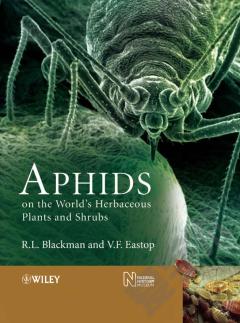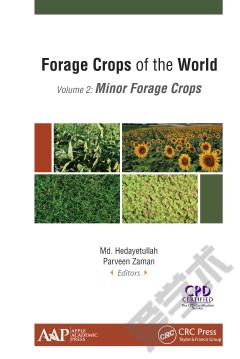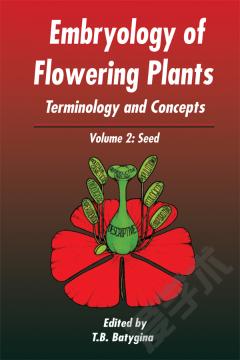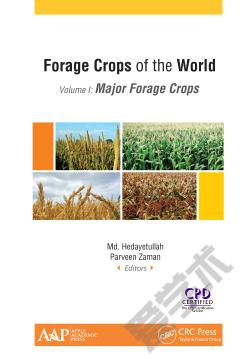Aphids on the World's Herbaceous Plants and Shrubs, 2 Volume Set
Aphids are well-known as pests of agriculture, horticulture and forestry, but they are also one of the most biologically interesting groups of plant-feeding insects, and thus have attracted the attention of biologists in many research fields such as ecology, biodiversity, physiology, behaviour and genetics. Following the successful format of previous books on the world's aphids by the same authors, these two volumes provide a comprehensive species-by-species account of the aphids on the world's herbaceous plants and shrubs. They can be used not only as an identification guide and information source for entomologists and taxonomists throughout the world, but also as a unique database for studies of biodiversity and insect-plant relationships. In all, 3120 aphid species in 340 genera are covered, feeding on 2150 genera of host plants. Volume 1 features comprehensive host lists and keys to the aphids colonizing each plant genus. This information is supplemented in Volume 2 by a systematic account of all the aphid species, which provides information on their appearance in life, host range, geographical distribution and life cycles. There are 357 original line drawings, 252 photographs of slide-mounted specimens and 1000 references. Aphids on the World's Herbaceous Plants and Shrubs is the culmination of many years of work by two leading specialists and provides an essential research tool and standard reference work for entomologists in universities and research institutes throughout the world.
{{comment.content}}








 京公网安备 11010802027623号
京公网安备 11010802027623号